Getting one or several dental implants is a life-changing decision. It's a major upgrade over a dental bridge or partial dentures, but it’s also a major investment in terms of time and money.
As a patient, it’s always best to be fully informed about what your treatment will involve. This guide will educate you on how to navigate the experience of getting dental implants, and what to expect at each stage of the procedure: before, during, and after.
Before the Procedure
While your current dentist may offer dental implants, that doesn’t mean you should automatically have the procedure performed by them. Finding the right dental office to place your dental implants is just as important as the type of dental implant and crown materials.
Like with any major decision, you should do plenty of research online before you even contact any dental offices. Your findings should help you create a shortlist of offices who you’ll then contact for an initial consultation.
In general, you should look for dental offices with:
Not all experience is equal. Make sure that one or more practitioners at the office has lengthy experience with implant dentistry.
Read through the dental office’s reviews - are there lots of positive remarks about the practice? Conversely, are there relevant complaints that frequently appear?
Not all dental offices will take the time to showcase the equipment they use, but you can still look out for mentions of digital dentistry.
A dentist’s office (and website) can tell you a bit about their level of care and attention to detail.
Getting dental implants will involve multiple visits, so you should take into account the location of the dental office and your mobility needs.
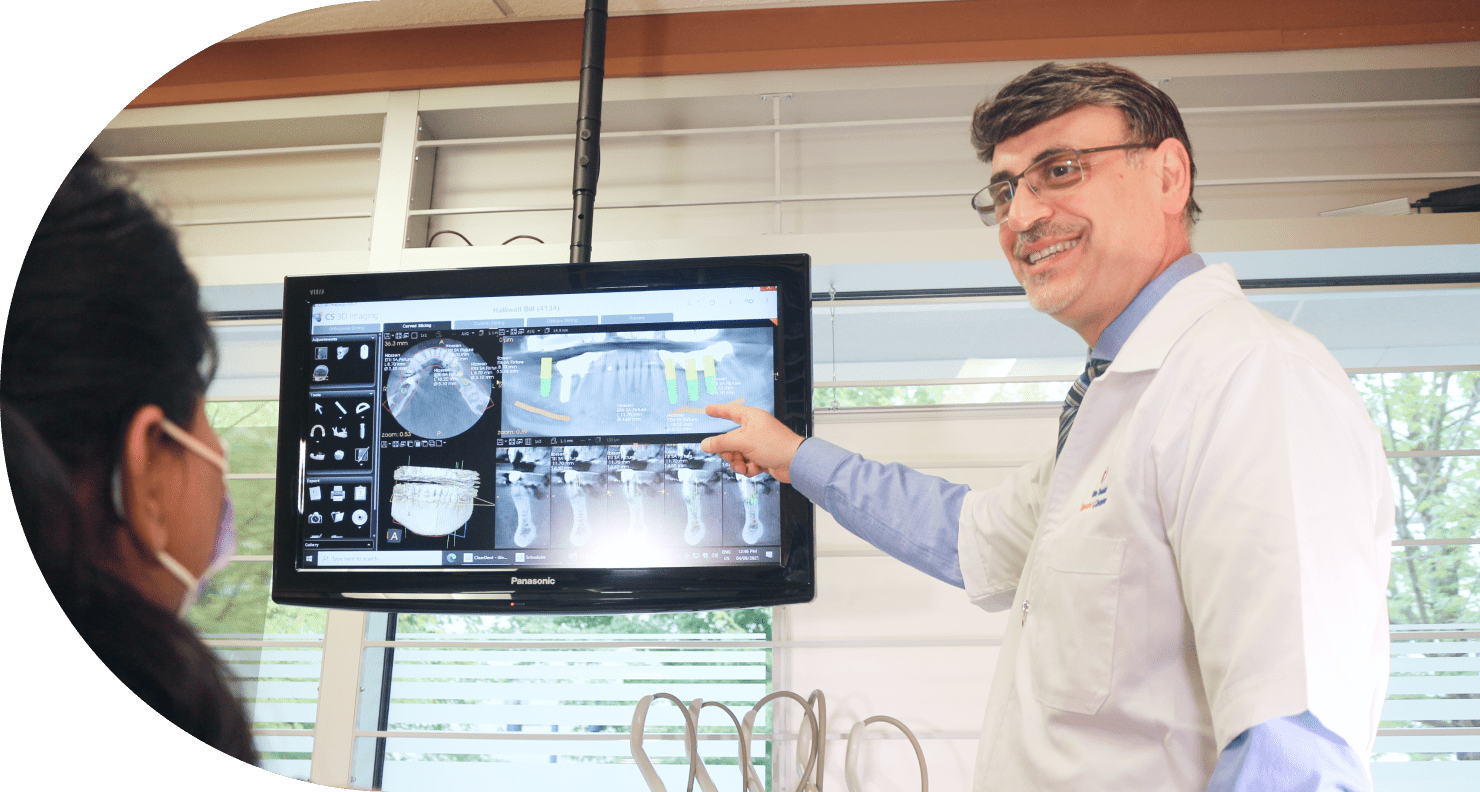
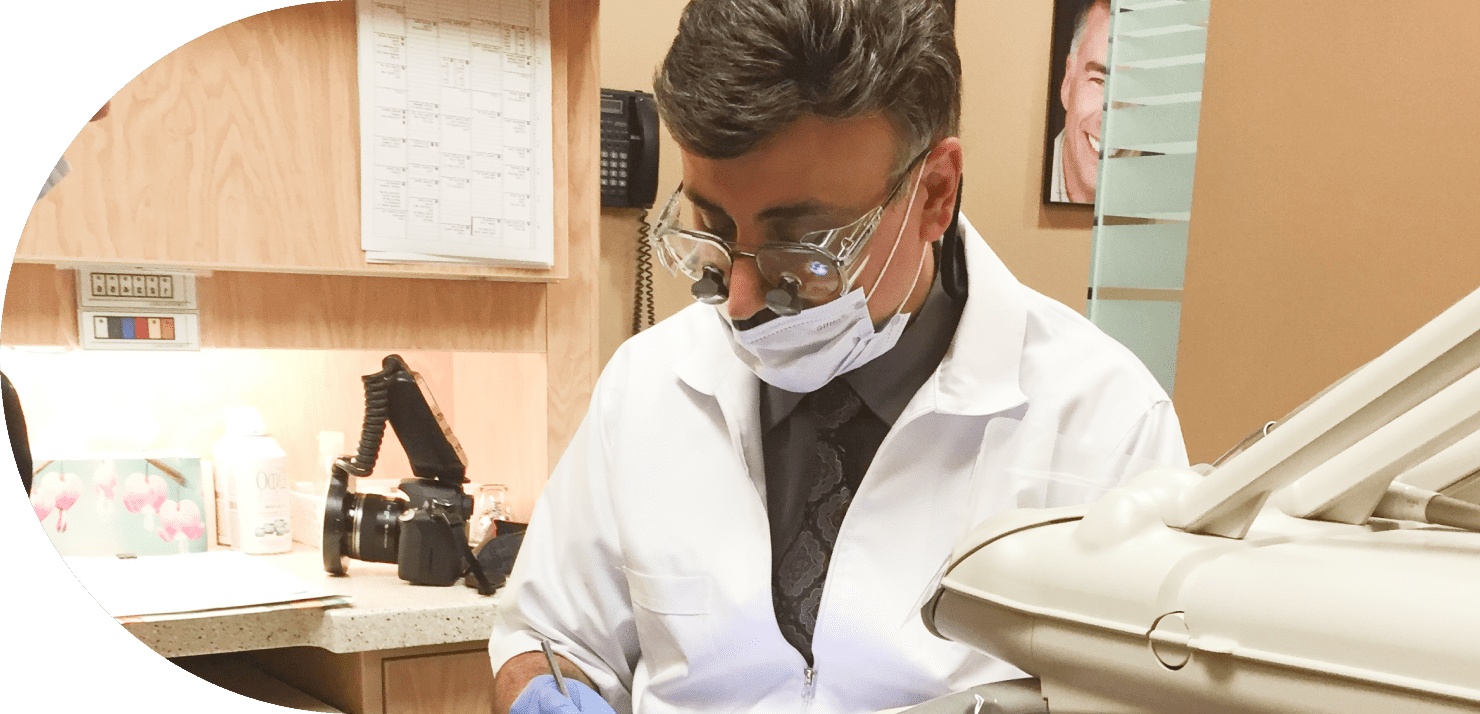
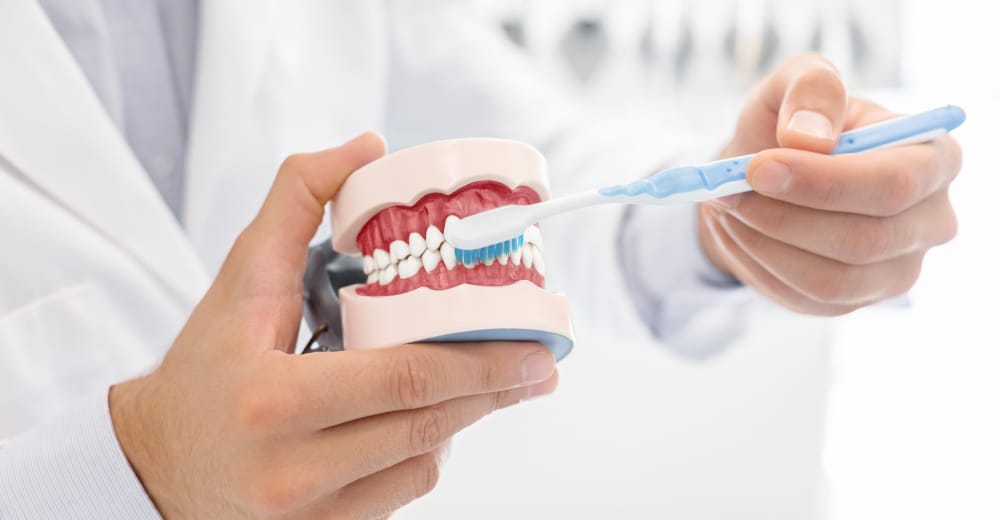
If you have advanced gum disease (periodontal disease), the dentist - or a referred specialist - will need to work with you to get the disease under control and improve your gum health before you can begin the dental implants procedure.
The reason is because, left untreated, gum disease can cause serious complications during the procedure, including severe infections and outright implant failure.
The reasoning behind bone grafting is simple - if your jaw bone doesn’t have enough bone mass, the implant(s) won’t integrate securely.
To solve this problem, bone is typically taken from another part of your body - usually the hip, tibia, or back of the jaw - and used to strengthen the bone in and around the implant site.
Depending on your procedure, you may need to have other teeth removed before your dental implants are placed. This is typically the case for full-mouth implant procedures and implant-supported dentures that provide the patient with a completely new smile.
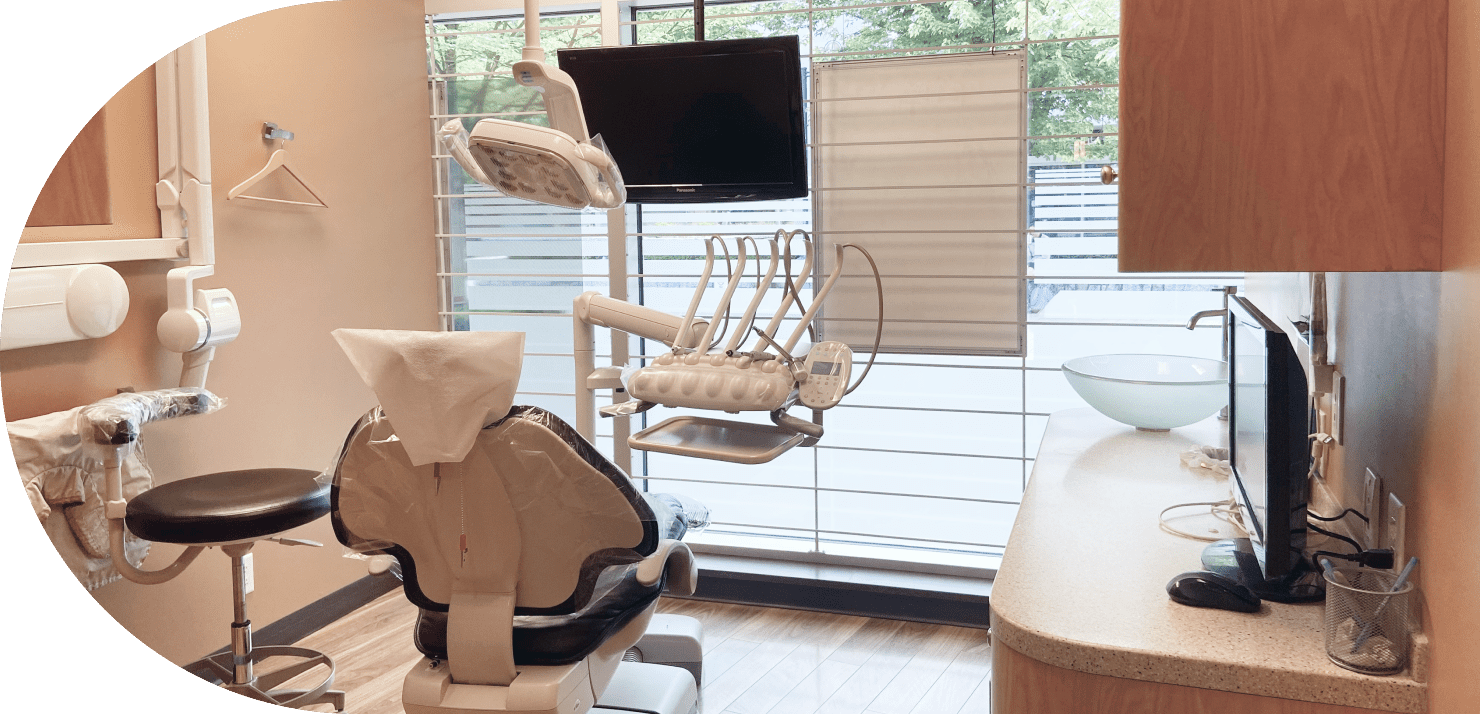
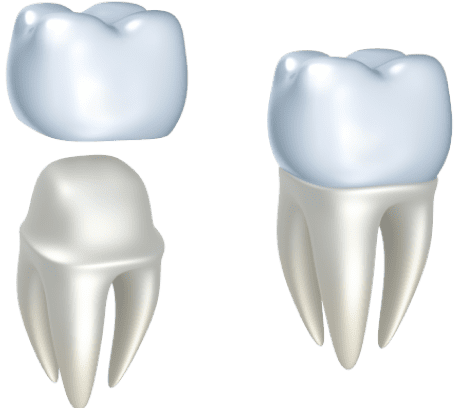
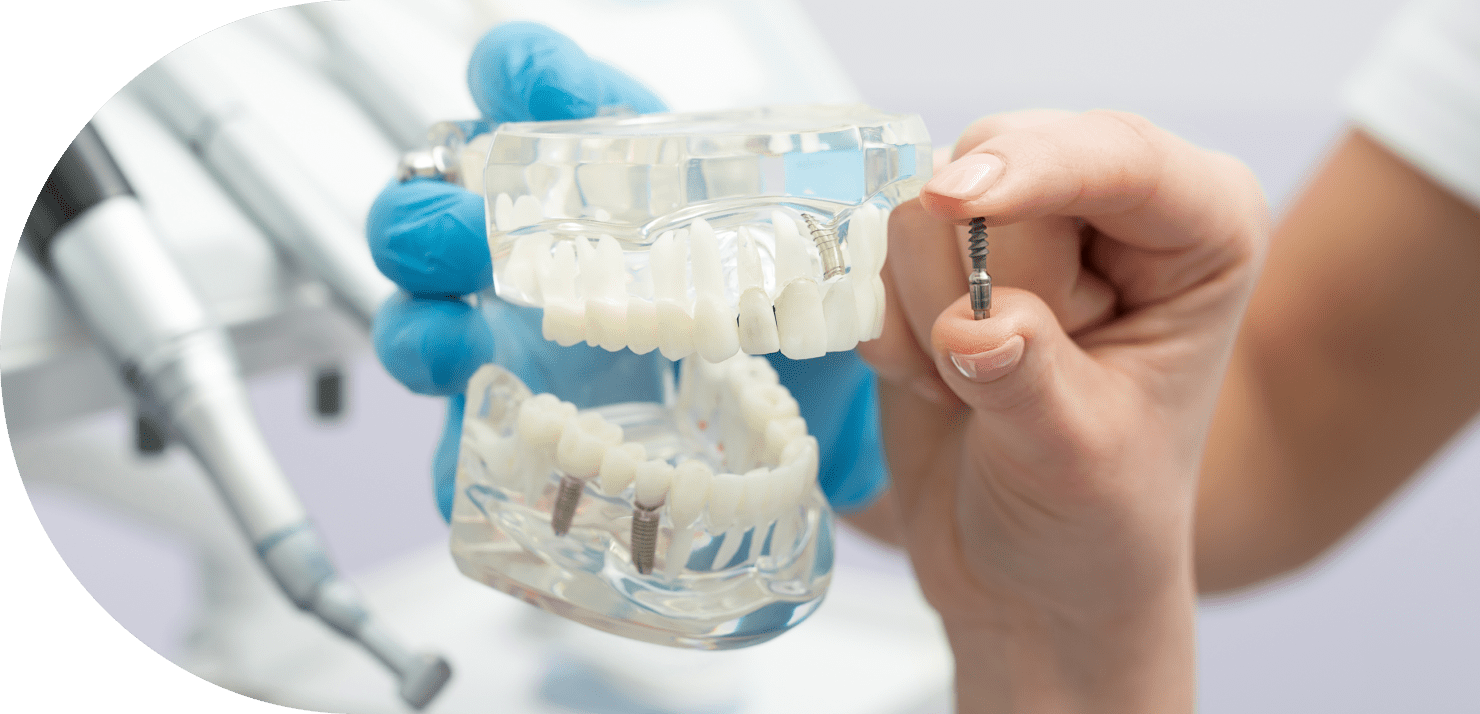
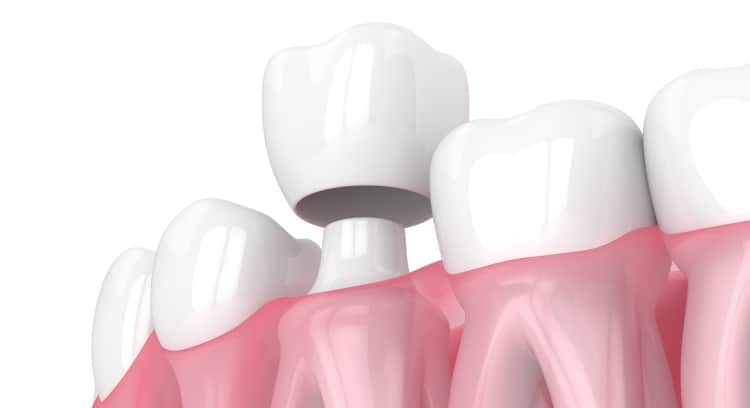
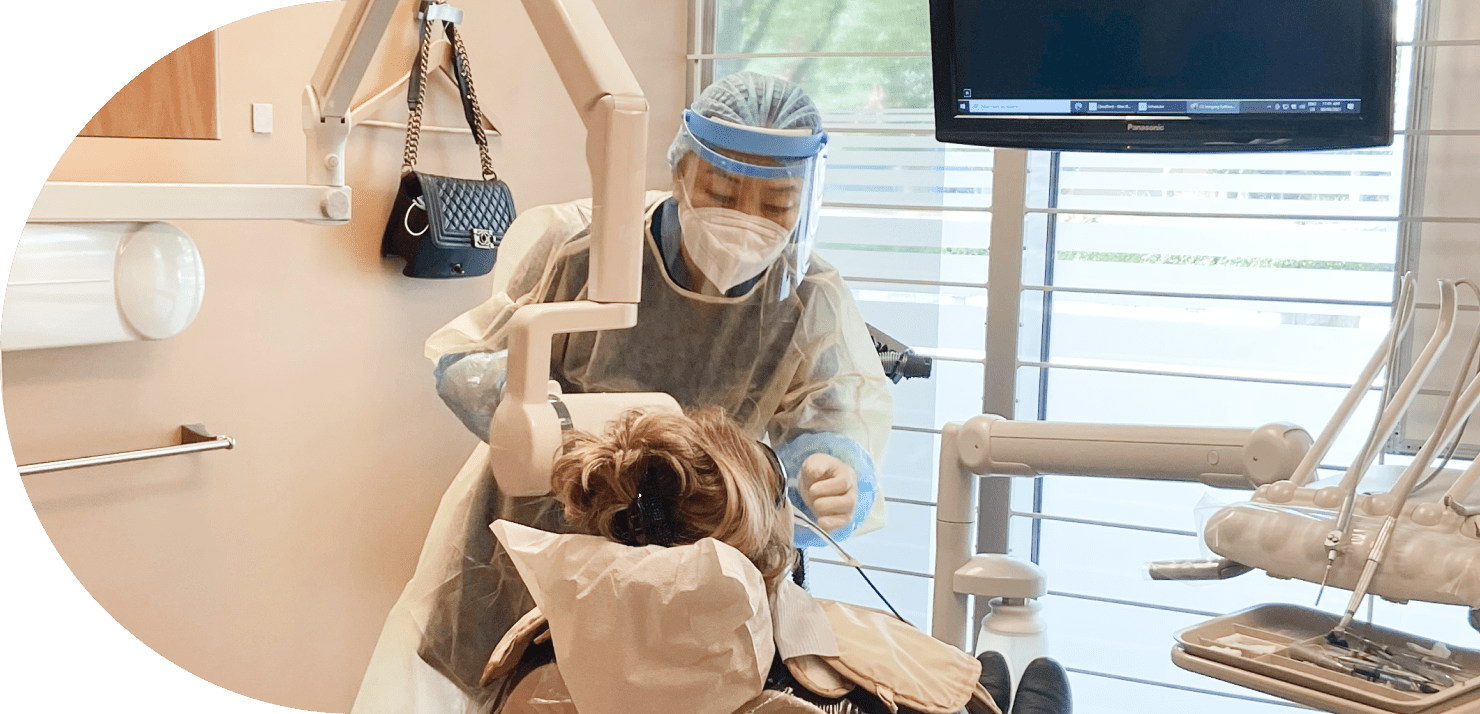

Website by ElementIQ